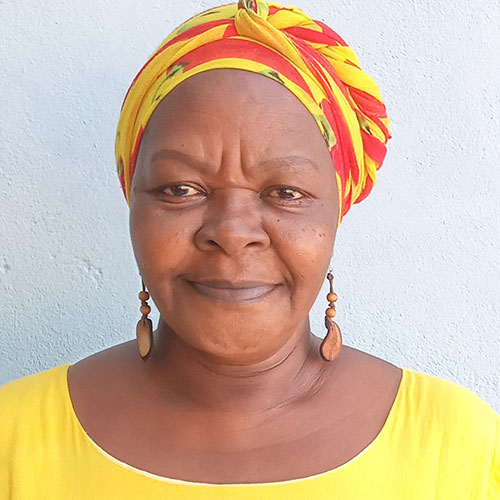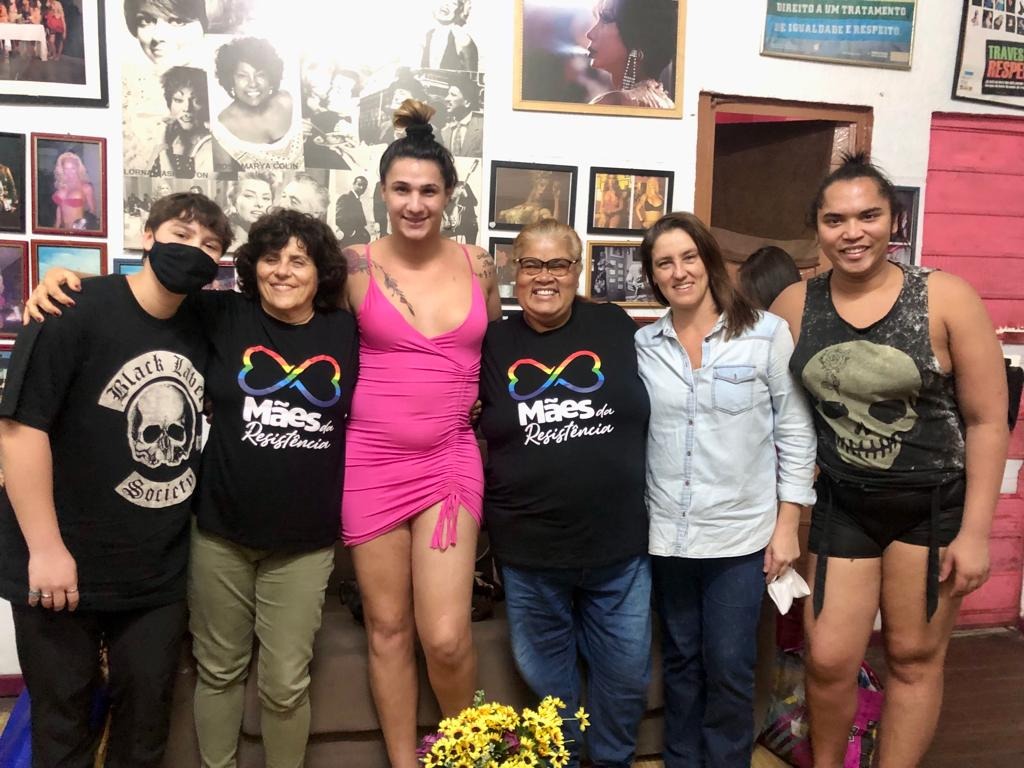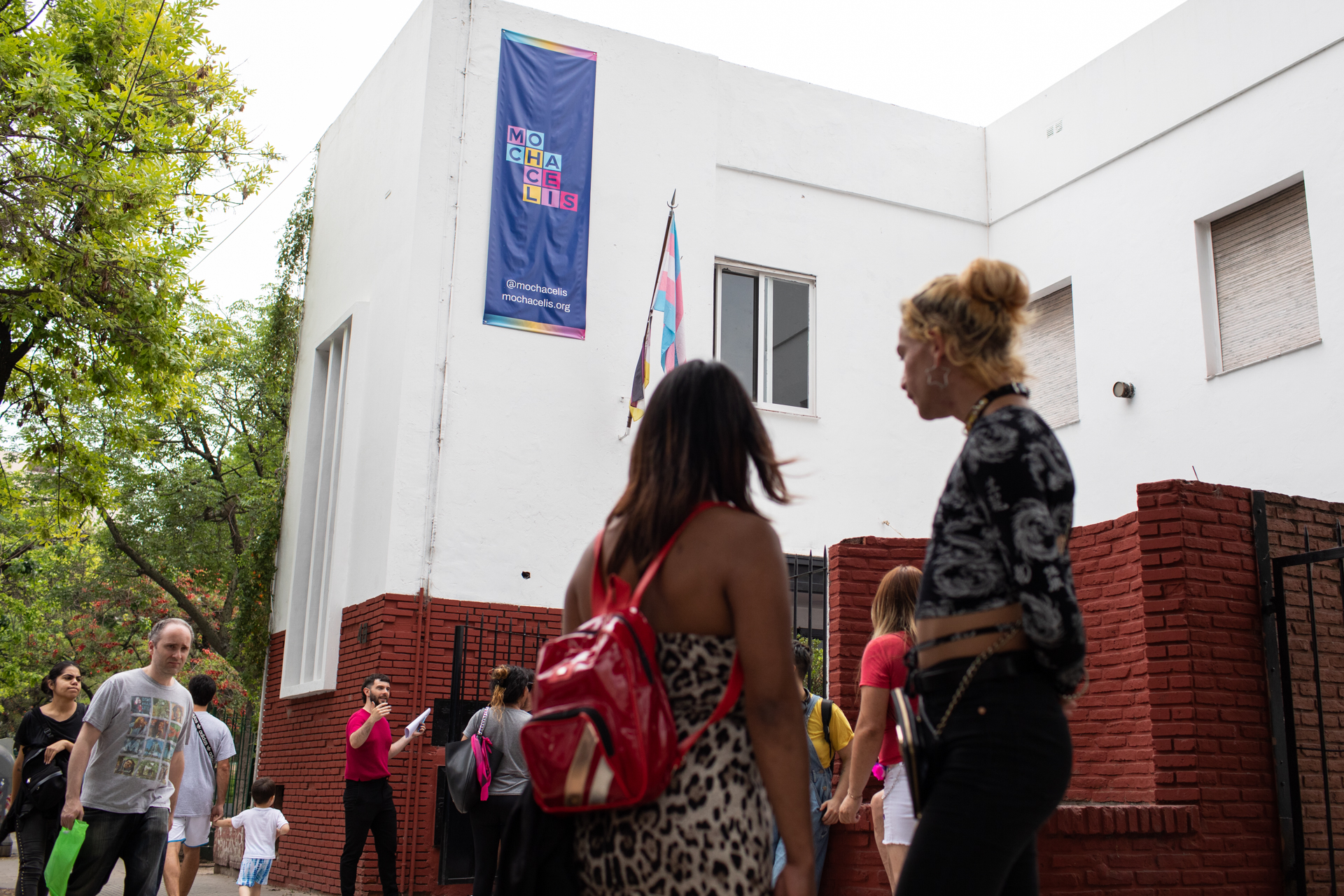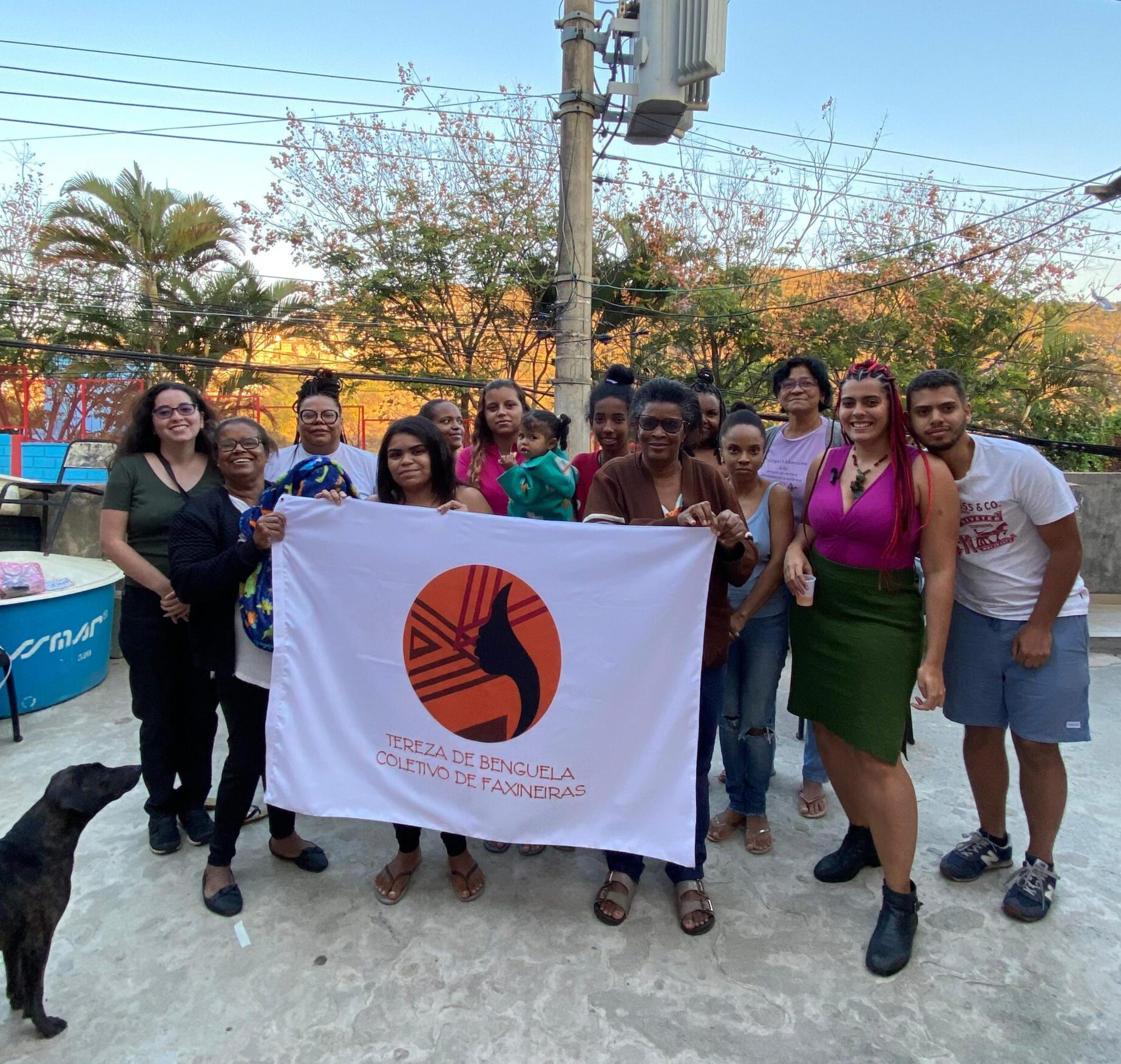Dulce Seixas House welcomes vulnerable LGBTQIA+ community
Dulce Seixas House is an institution that welcomes LGBTQIA+ people in a state of socioeconomic vulnerability.

Dulce Seixas House is an institution that welcomes LGBTQIA+ people in a state of socioeconomic vulnerability. They are, for the most part, people who are not accepted by their families and are expelled from their homes because of their sexual orientation.
In addition to housing and food, the House offers psychological and psychiatric support, as most of the people arrive with consequences of violence, whether physical or psychological, which occurred on the streets or within their family environment. The House is also able to offer, through a specific partnership with FIOCRUZ, follow-up to control STIs such as HIV/AIDS, hepatitis and syphilis, as well as refer people to the CAPS (Psychosocial Care Centers) for the treatment of alcohol and drug abuse.
The project is named after the former leader of the Casa de Santo “Ilé Axé Ojú Omim Axé Odé”, Dulce Seixas, and is conceived by the transsexual Shirley Maria Padilha de Souza, 45, from the Northeast.
In 2021 Shirley contracted COVID-19 and almost died, which led her to make a promise, a deal with the orixá Omolú where, if she survived, she would dedicate herself to giving even more support to people in the LGBTQIA+ community, which she is part of. part.
In a conversation with me, Shirley tells a little about her past and what led her to create the institution Casa Dulce Seixas.
“My father was horrible to me, he always threatened me with a knife saying that if one day he found out that I had a “baitola” son – a depreciative way of calling gay people in my land – he would cut him like he cut tobacco from a roll that he sold in the streets, which traumatized me a lot. I left home at the age of 13 and went to work as a maid. When I was 14, I hitchhiked to Rio de Janeiro on a trip that lasted nine days. I lived with people on the street, people who were addicted to drugs precisely because of their families’ abandonment. Putting together a little of each thing, that’s what made me start this work. I decided that, once I had the conditions, I would help other people in the same situation. I do not wish what I went through to anyone, so whatever I can do that is within my power, I will do”.
Professional and assisted support
The coordinator of Dulce Seixas House is the psychologist Davlyn Lótus, who also lives in the house. She is responsible for building support networks, such as the one maintained with Casinha. She also accompanies beneficiaries to medical appointments and controls the medication of those undergoing treatment.
“Dulce Seixas House is located in a territory that lacks Public Policies and is the only one in the Baixada Fluminense with a welcoming profile for the LGBTQIA+ public. My request is for people and public authorities to start looking at this place as a place that has a proposal to maintain itself, not only as a place of social assistance, but also to become a cultural point, both in terms of religion; religion of African origins, and promoter of gender diversity”, she concludes.
Challenges
Shirley says that the main challenge at Dulce Seixas House is always the financial issue, which is why they carry out various campaigns to buy medication, maintain the space, pay fixed expenses and also to diversify activities.
Casa Dulce Seixas has the future objectives of expanding the work carried out, reinserting the beneficiaries into society and, if possible, promoting family reintegration and helping them to enter the job market so that they can build independence.
The institution is inside a Casa de Santo, a Candomblé shed, but it works without any religious bias. The practice of religion by those welcomed is optional.
Do you like this initiative? Learn how to help!
Support Dulce Seixas House by clicking here;
Follow Dulce House’s Instagram and Facebook;
Address: Bairro Kennedy, Posse, Nova Iguaçu, Baixada Fluminense, Rio de Janeiro.



